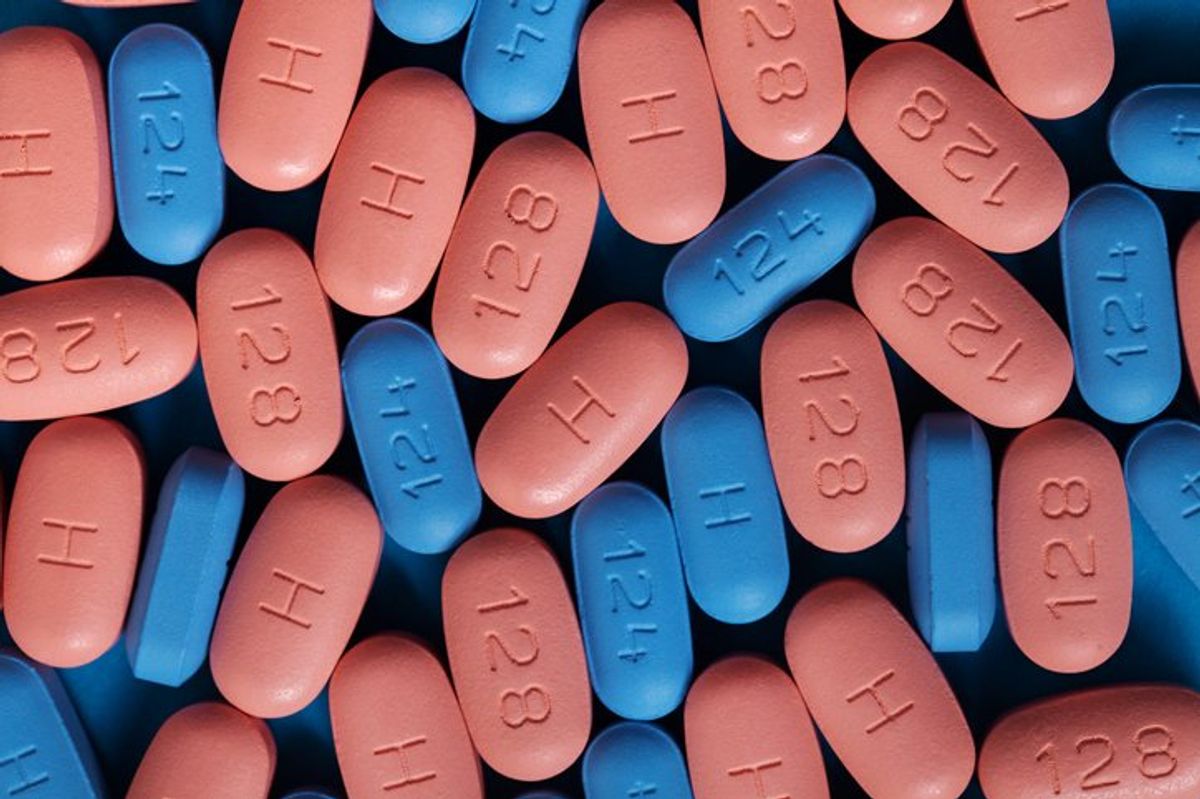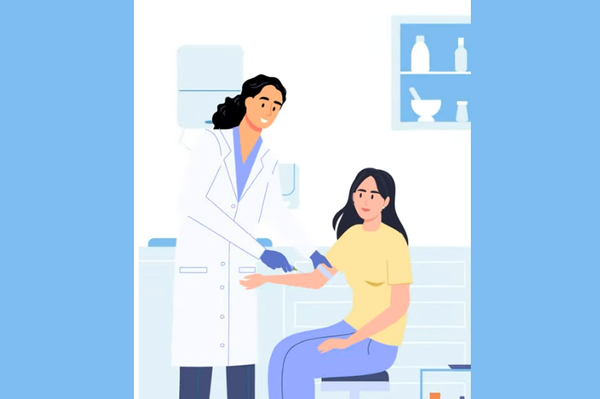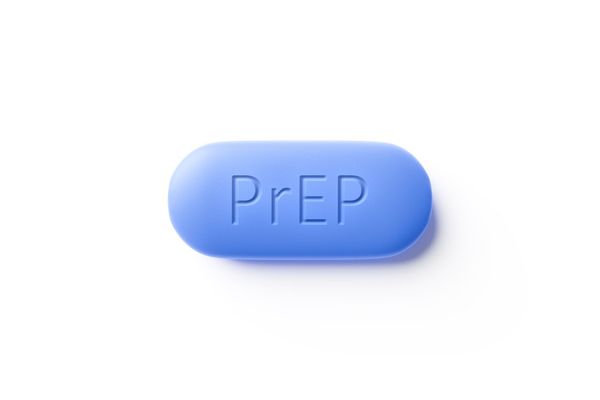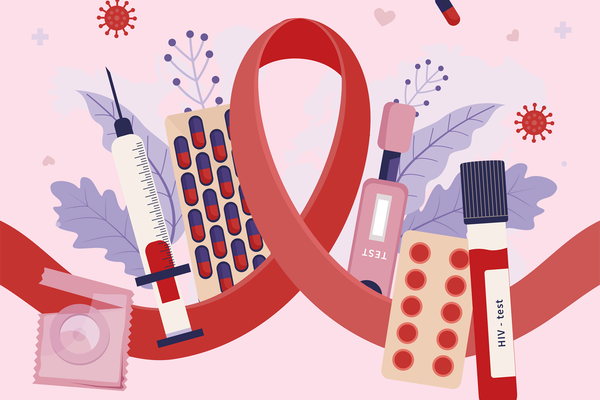Around 7,000 women in the United States are diagnosed with HIV each year. But the good news is that there are two strategies, called PrEP and PEP, that can help you stay HIV negative. Both options require you to take antiretroviral drugs, which can prevent the virus from taking hold after it enters your body.
How do you know if you should take PrEP or PEP?
PrEP, which stands for pre-exposure prophylaxis, is a pill or a shot you take before you’re exposed to HIV to prevent infection. It’s kind of like the birth control pill for HIV.
PEP, which stands for post-exposure prophylaxis, is kind of like the morning after pill. You take it after you’ve been exposed to prevent infection.
Who should take PrEP?
PrEP is for people who are negative for HIV but have a high risk of getting HIV. You’re at high risk if you have vaginal or anal sex without a condom or share needles. If you have had another sexually transmitted infection (STI) within the past 6 months or have a partner who has detectable or untreated HIV, your risk goes up.
How effective is PrEP?
PrEP reduces the chance of getting HIV from sex by nearly 99% if taken correctly. PrEP has been shown to cut the risk of developing HIV from injection drug use by about 74%. PrEP does not protect against other STIs or pregnancy. Condoms provide protection against STIs and pregnancy.
How do I use PrEP?
If you’re trying to prevent getting HIV through sex, you have the option of taking PrEP in a daily pill or a shot every two months. If you’re trying to prevent HIV from injection drug use, pills are the recommended method.
How do I get on PrEP?
PrEP is available by prescription only, so contact your healthcare provider (HCP) if you want to get on the medicine. Explain the reasons why you’re concerned about HIV risk and don’t be afraid to be honest with your HCP. You have to be HIV negative to go on PrEP.
How long does it take for PrEP to be effective?
Depending on the kind of exposure you've had, it can take anywhere from seven to 21 days for PrEP to be effective. Your HCP can give you detailed information depending on your specific situation.
Is PrEP safe?
PrEP is safe to use, although some people may experience side effects, including nausea, diarrhea, headaches, tiredness and upset stomach. As you continue to take PrEP, side effects usually stop. For people who receive injectable PrEP, soreness at the injection site may occur.
Can women take PrEP?
Anyone can take PrEP. However, many women may not know that they can use it.
Also, health inequities may mean that women of color don’t receive easy access to antiretroviral drug information. Using PrEP is a personal choice. It’s a good idea to tell your HCP you’re interested in PrEP and want to discuss whether it makes sense for you to use it.
Can I give someone HIV while they are taking PrEP?
PrEP almost always prevents HIV, but it’s not 100%. You still need to use condoms and practice safe sex while on PrEP.
What is PEP?
PEP is a medicine you take following a possible exposure to HIV. It’s similar in that way to the morning after pill because it’s used after the exposure. A high-risk exposure to HIV can happen through sex or sharing needles with someone who has or may have HIV. PEP can also be used by people who have experienced a sexual assault or healthcare workers who are poked by a needle.
How do I use PEP?
PEP needs to be taken within 72 hours of a possible exposure, and you take PEP daily for 28 days. Although its success rate is not 100%, if you take it the right way, PEP is very effective at HIV prevention. However, it’s not a substitute for PrEP or other HIV prevention tools like condoms.
Is PEP safe?
PEP is safe, although it can interact with other medications. You should tell the HCP who prescribes PEP for you about any other medicine you take. PEP may cause nausea.
How do I get PEP?
To get PEP, you should go to an emergency room or urgent care clinic to be evaluated by a HCP following possible exposure to the virus. Don’t hesitate to go — the sooner you begin PEP, the more effective it will be.
This resource was created with support from Gilead and Merck
- It May Come as a Surprise, but Older Women Get HIV, Too ›
- How HIV Affects Menopause and Menopause Affects HIV - HealthyWomen ›
- Medications That Treat and Prevent HIV - HealthyWomen ›
- I got on PrEP after a sexual assault & I’ll be on it for life - HealthyWomen ›
- PrEP Is for Women, Too - HealthyWomen ›
- Lack of Access to PrEP - HealthyWomen ›





